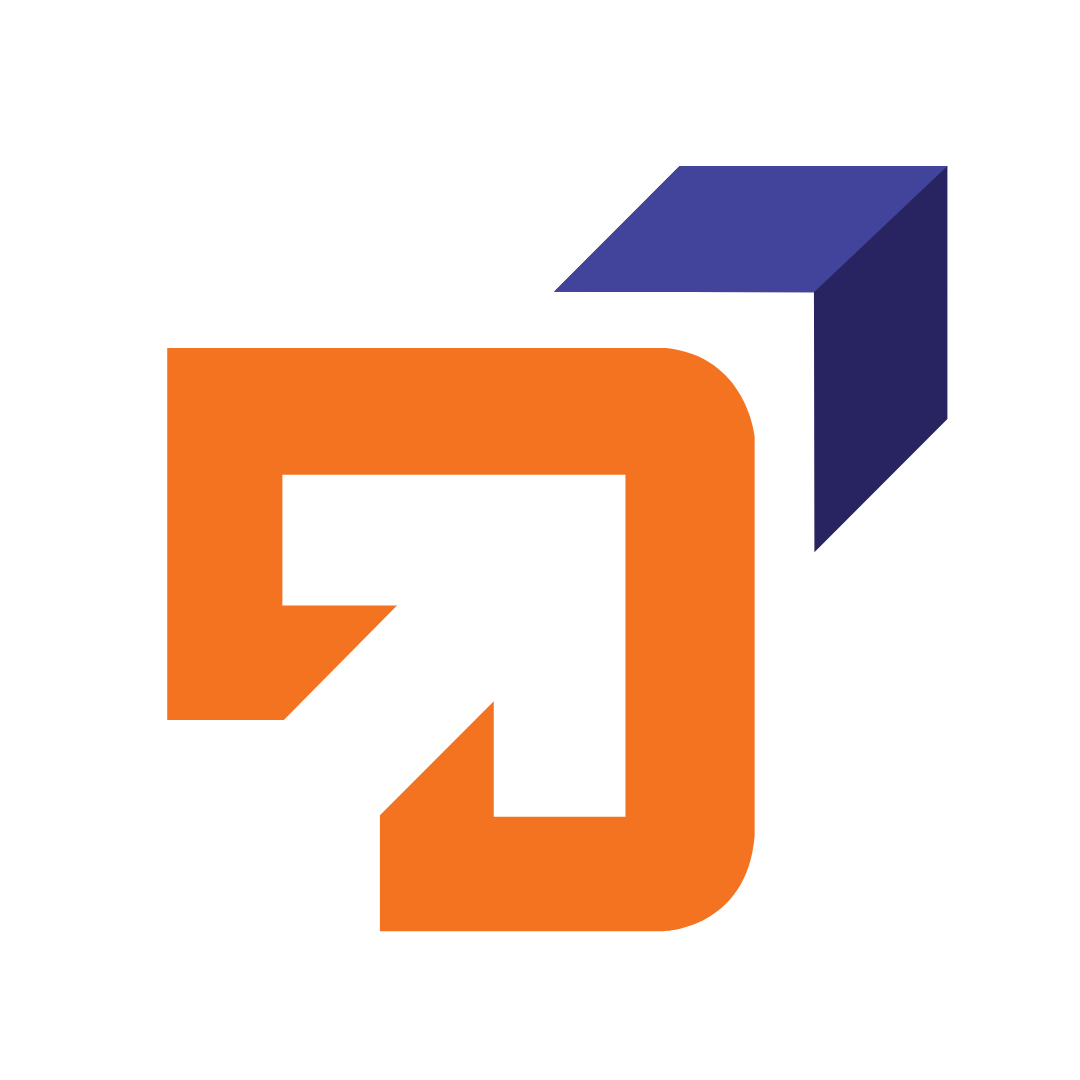Development Solutions provides tailored advisory services to clients committed to making a social impact. We engage in cross-sectoral work in areas such as sexual and reproductive health, maternal and child health, education, gender equality, healthcare, water, sanitation, hygiene (WASH), climate change, skilling & livelihoods, child protection and socio-economic inclusion.
We focus primarily on MERL+ consulting services:
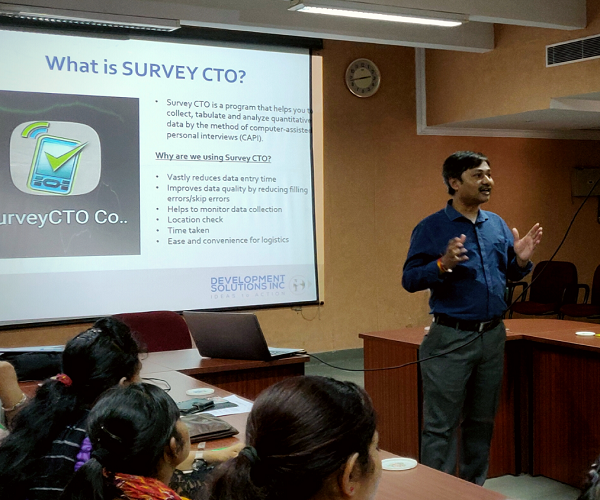
Monitoring
We work alongside program managers to design and implement systems to collect ongoing data on program activities and outputs. We help organizations identify appropriate indicators to track, develop data collection tools to obtain meaningful information on these indicators and design appropriate processes for analysis, interpretation, and reporting. Clients also call upon us to conduct independent monitoring to complement and enable quality assurance of monitoring efforts carried out by program implementers. For instance, an international foundation has engaged DS to conduct independent monitoring of technical assistance provided by its grantee for the state-wide scale-up of a program addressing low birth weight and wasting through conditional cash transfers and behavior change communication.
Evaluation
We are engaged by funders and program managers to conduct independent impact evaluations of their work. Impact evaluations are valuable aids to decision-makers to make critical decisions, enable learning and improvement and communicate impact amongst other benefits. We have conducted impact evaluations in various contexts, for various client types across issues and regions. See examples of our evaluations of an anti-child labor project for a global foundation and impact assessment of a CSR division’s projects. We have experience and expertise in using experimental, quasi-experimental, and non-experimental methods. We are proficient in mixed-method evaluations, employing quantitative and qualitative methods of data collection. We have acquired considerable experience in handling large samples.
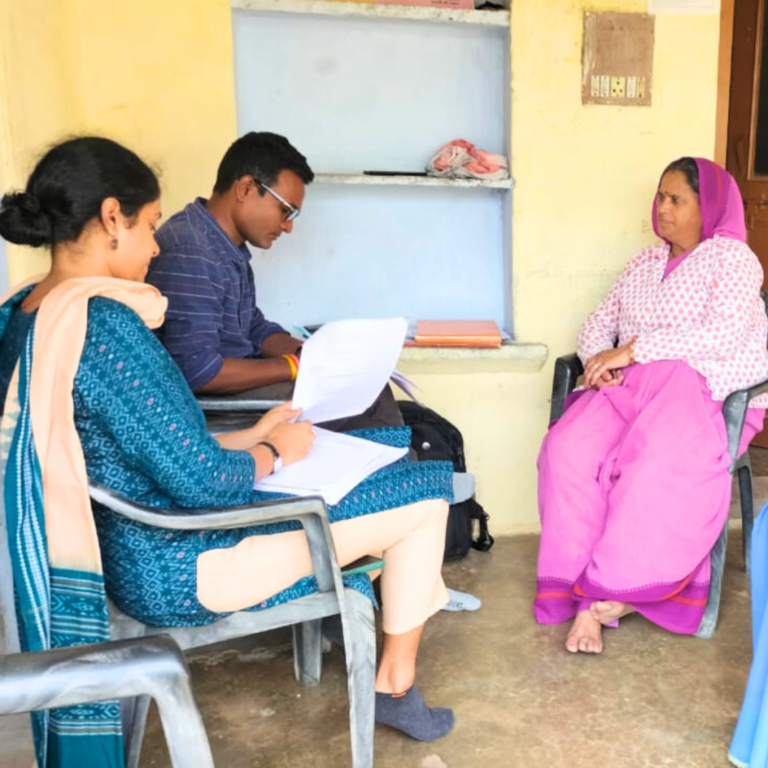
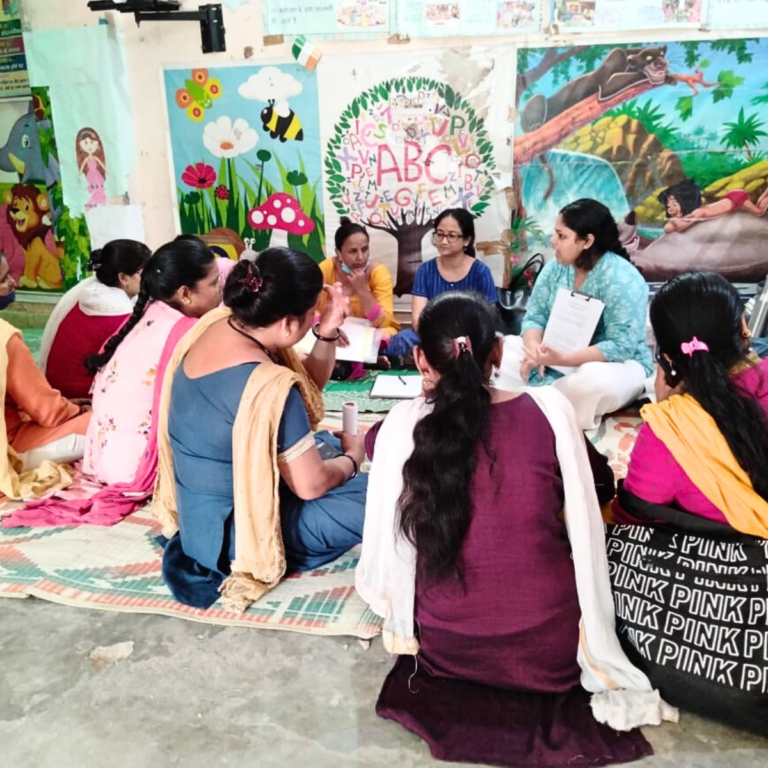
Research
We conduct in-depth and rapid research studies to inform clients on key priorities including program design, advocacy, capacity building, and enhancement of sector knowledge. As in the case of evaluations, we make use of various methods as per the need and context – surveys, literature reviews, analysis of secondary data, qualitative interactions, and case studies amongst others. See examples of research conducted to inform the design of an employability program for persons with disabilities, enable evidence for policy action on the role of Panchayati Raj institutions in family planning, and advance thinking on the role of gender in food fortification value chains.
Learning
We work with clients to glean key lessons that can advance institution and sector knowledge. We do this by facilitating effective documentation of best practices, enabling knowledge management, and synthesizing learnings for enhanced effectiveness and decision-making. This is a growing area of interest among the organizations we work with. For instance, we conducted a process and learning study of a technical support unit pilot embedded within a state government department to facilitate a supportive environment for data-based decision-making in government. The study proposed recommendations for Phase 2 of the pilot.
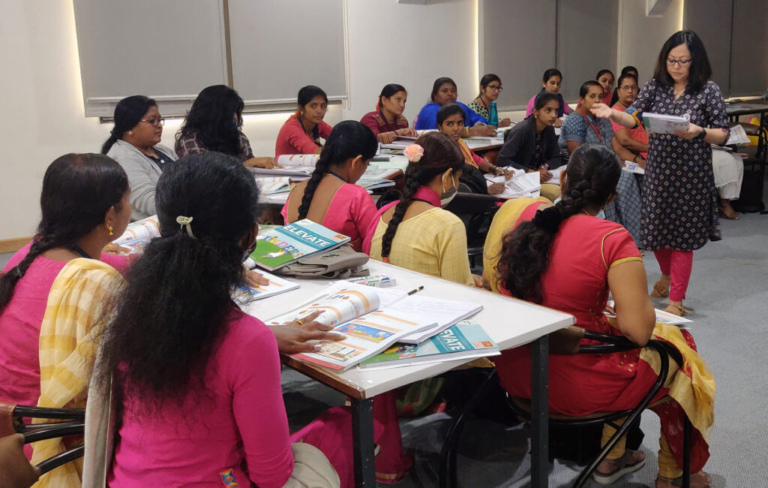

Strategy
As trusted advisors to development sector actors, we offer strategy consulting services on key organizational priorities. These priorities vary in nature – from articulating a theory of change to building M&E systems; from facilitating succession planning to thinking through improved organizational processes. Early- stage organizations tell us they find this service particularly useful. For instance, we are advising an early-stage non-profit enabling entrepreneurship programming for girls, on their M&E strategy and processes.
Capacity-building
We also see capacity-building as an essential part of our mission. Therefore, we work with organizations to improve their knowledge and skills with an emphasis on monitoring, evaluation, and research. For instance, we conducted an interactive workshop with a leading corporate group’s social responsibility leadership team to enable an improved understanding of monitoring and evaluation concepts and processes.

